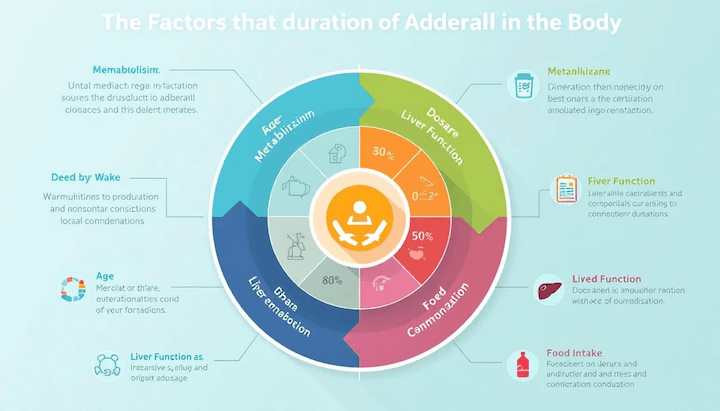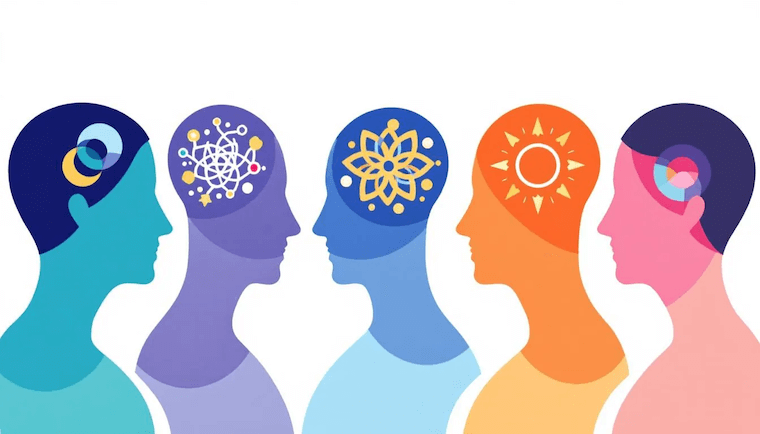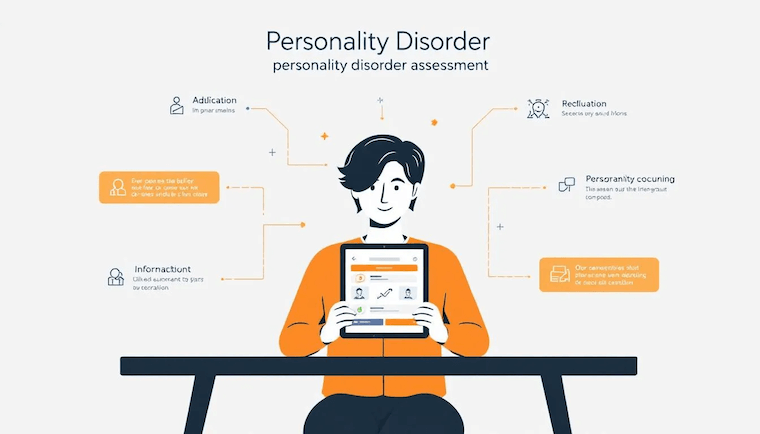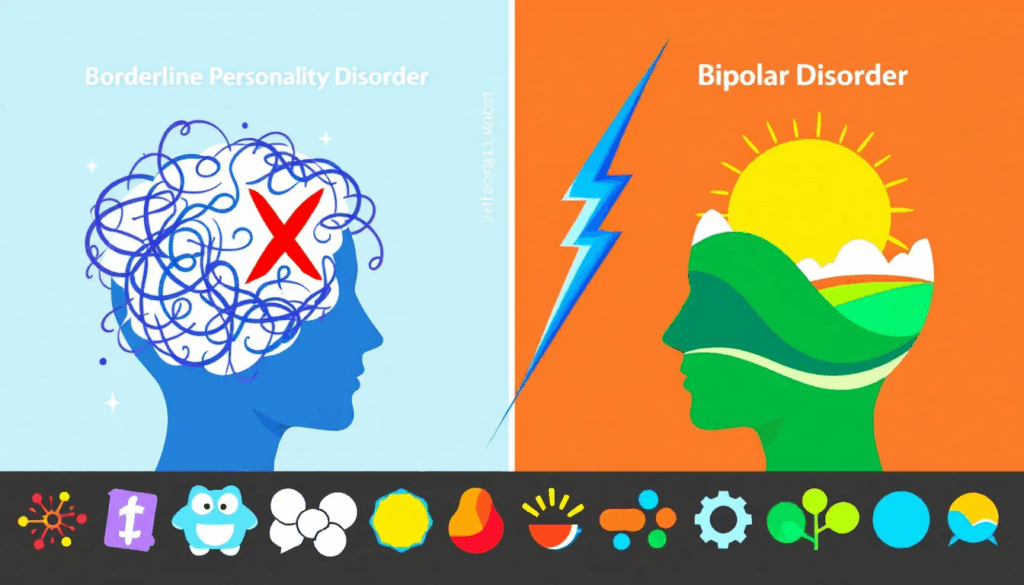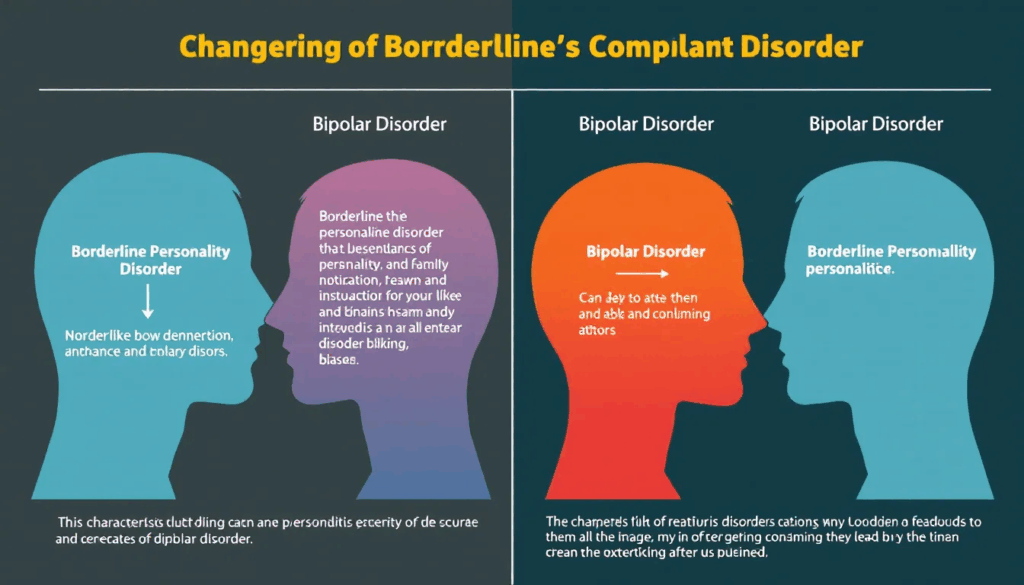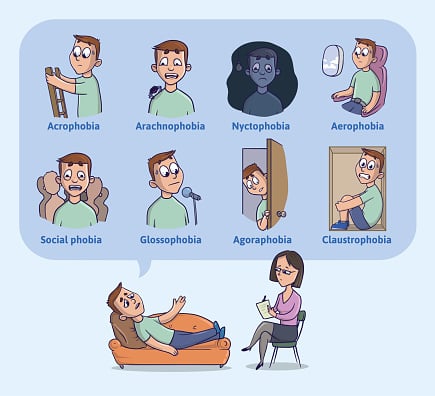Anxiety is one of the most common mental health conditions, affecting millions of men across the globe. Despite its prevalence, anxiety symptoms in men often go unnoticed or misunderstood. This is largely due to societal norms, cultural expectations, and differences in how men express emotional distress. These factors can lead to delayed recognition, making it harder for men to access the treatment and support they need.
At Cedar Hill Behavioral Health, we are passionate about raising awareness of anxiety in men and providing effective, compassionate care for men with anxiety to help them regain control of their lives.
Understanding How Anxiety Manifests in Men
Men often experience anxiety differently than women, influenced by social conditioning that discourages emotional vulnerability. This can result in anxiety symptoms manifesting more physically or behaviorally, which are often overlooked or attributed to stress, lifestyle factors, or unrelated health problems.
While men may still experience the hallmark signs of anxiety, such as excessive worry or intense fear, their symptoms frequently take on unique characteristics.
Common symptoms of anxiety in men include a mix of physical, emotional, and behavioral signs that can significantly affect their daily lives, relationships, and overall well-being.
Irritability and Anger
Anxiety can make men feel on edge, leading to heightened irritability or anger. This is often a response to the tension, excessive fear, and restlessness that anxiety creates. For men, these feelings may manifest outwardly in the form of frustration or short tempers.

Muscle Tension and Physical Pain
Chronic anxiety often leads to physical anxiety symptoms like muscle aches, headaches, or even chest pain. These symptoms can be persistent, leaving men feeling physically drained feel anxious and unaware that their mental health is contributing to these issues.

Sleep Disturbances
Men with anxiety often struggle with sleep—whether it’s difficulty falling asleep, staying asleep, or waking up still feeling exhausted. Racing thoughts, a pounding heart, and worry about losing control over daily life can prevent restful sleep, compounding their physical and emotional exhaustion.

Substance Use or Self-Medicating
In an effort to relieve anxiety or suppress anxious feelings, men may turn to alcohol or drugs. While this may provide temporary relief, it often leads to substance abuse, worsening both mental and physical and mental health problems over time.

Avoidance Behaviors
Avoidance is a common way men try to manage anxiety. They may skip social events, avoid responsibilities, or refuse to attend situations that trigger anxiety. While this provides short-term relief, it often increases feelings of isolation and frustration.

Difficulty Concentrating
An anxious mind often struggles to focus. Men with anxiety may find it hard to concentrate at work or during daily tasks. This often leads to missed deadlines or incomplete responsibilities.

Digestive Issues
There is a strong connection between the mind and the gut, and anxiety often results in physical symptoms such as nausea, upset stomach, or irritable bowel syndrome.
Sweating and Rapid Heartbeat
Physical signs like excessive sweating, rapid heartbeat, or heart palpitations can occur in many mental health conditions or during moments of heightened anxiety. These symptoms may mimic a physical health condition, masking the underlying mental health problem.
Why Men Struggle to Acknowledge Anxiety
Many men are conditioned to view emotional struggles as a weakness. This can lead to suppressing or ignoring anxiety symptoms. This cultural stigma often prevents men from seeking professional or medical help. They may fear judgment from peers, colleagues, or even family members. The belief that they must “power through” or “handle it on their own” can worsen their condition and lead to more severe anxiety disorders or even depression.
It’s important to change these narratives and emphasize that seeking help for anxiety is not a sign of weakness—it’s an act of strength. Anxiety is a legitimate mental health condition recognized by the American Psychiatric Association and supported by decades of research.
Promoting open conversations about mental health, providing education on the effects of anxiety, and creating safe spaces for men to seek support are essential steps in reducing stigma.

The Importance of Early Recognition and Support
Recognizing anxiety symptoms and mental disorders in men early can significantly improve outcomes. Left untreated, anxiety can escalate into severe mental health disorders such as generalized anxiety disorder, panic disorder, or post-traumatic stress disorder. It can also lead to physical health problems like high blood pressure, heart disease, or chronic pain.
Early intervention allows men to access effective treatments such as talk therapy, cognitive-behavioral therapy (CBT), and exposure therapy. By identifying symptoms early—whether it’s difficulty concentrating, avoidance behaviors, or physical signs like a rapid heartbeat—men can take the first steps toward reducing anxiety and regaining control of their mental health professional lives.

How Cedar Hill Behavioral Health Supports Men with Anxiety
At Cedar Hill Behavioral Health, we are committed to providing comprehensive and compassionate care tailored to the unique needs of men. Our anxiety treatment programs are designed to address both the physical and emotional symptoms of anxiety while equipping men with the tools they need to navigate daily life confidently.
Therapy and Counseling
We provide a safe and supportive space where men can explore their experiences, understand their anxiety triggers, and, with a support group, develop strategies for managing symptoms.
Cognitive-Behavioral Therapy (CBT)
CBT is an evidence-based approach that helps men identify and change negative thought patterns that contribute to their anxiety. This therapy empowers men to take control of their mental health.
Mindfulness Practices
Mindfulness techniques, such as meditation, yoga, and breathing exercises, help reduce stress and promote emotional regulation, making it easier to cope with intense fear or worry.
Lifestyle Guidance
Lifestyle changes can play a significant role in treating anxiety. We help men adopt healthier habits, including eating healthily, engaging in regular exercise, and prioritizing sleep hygiene, to support their overall mental health.
Medication Management
For some men, prescription drugs can be a helpful tool in managing anxiety symptoms, especially when combined with therapeutic interventions.

Practical Steps Men Can Take to Manage Anxiety
In addition to professional treatment, there are practical, everyday strategies men can adopt to reduce stress and improve their mental health:
- Engage in Regular Exercise: Physical activity is a natural way to relieve anxiety, improve mood, and reduce muscle tension caused by stress.
- Build a Support Network: Connecting with friends, family, or support groups can provide reassurance and reduce feelings of isolation.
- Practice Mindfulness: Meditation, journaling, or deep breathing exercises can help calm an overactive mind and bring focus to the present.
- Limit Stimulants: Reducing caffeine and alcohol can prevent exacerbation of physical anxiety symptoms like a rapid heartbeat or sweating.
- Prioritize Restful Sleep: Establishing a consistent bedtime routine and addressing sleep disturbances can improve overall emotional states and reduce anxiety.
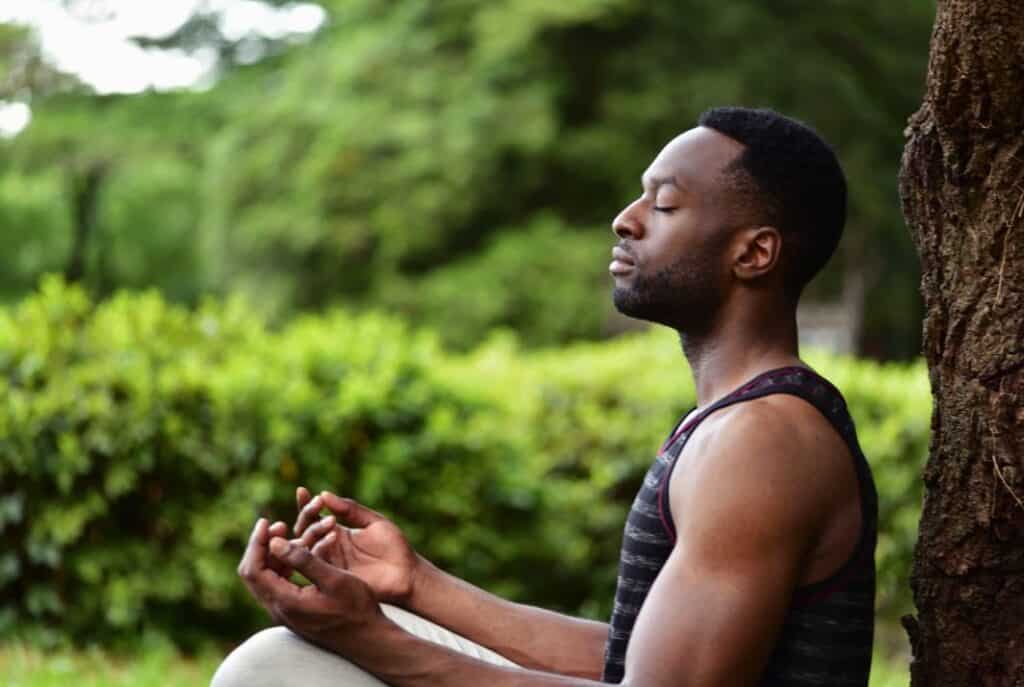
Taking the First Step Toward Healing
Acknowledging and addressing anxiety is a powerful act of self-care. It’s not a sign of weakness but a demonstration of courage and strength. At Cedar Hill Behavioral Health, we are here to help men overcome anxiety and regain control of their lives. Whether it’s generalized anxiety disorder, social anxiety disorder, or panic disorder, our tailored treatment options and compassionate care can provide the support you need.
If you or someone you know is struggling with anxiety symptoms—whether physical, emotional, or behavioral—don’t wait. Reach out to Cedar Hill Behavioral Health today. Together, we can develop a personalized treatment plan that meets your unique needs, helping you find relief, rebuild confidence, and reclaim your life. Call us at (508) 310-4580 or visit our website to start your journey toward lasting well-being and peace of mind.


